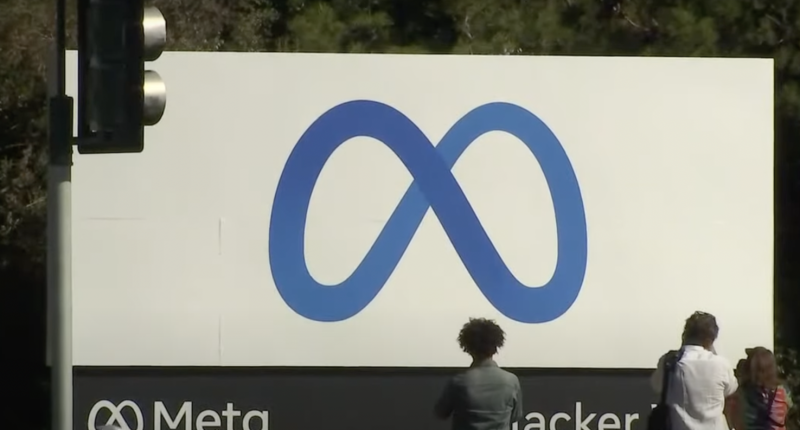Social media company Meta has now offered to bring a substantial reduction in its monthly ad-free subscription fees in the European Union. The decision comes amid increasing scrutiny of Meta’s business practices, particularly in Europe, where sweeping regulatory frameworks such as the Digital Markets Act (DMA) have posed challenges to operations of several big tech players.
If it goes through, the previous monthly fee for Meta for its Facebook and Instagram platforms of €9.99 will be reduced to €5.99 for a single account, with an additional fee of 4 euros for each supplementary account. “We have wanted to accelerate that process for some time because we need to get to a steady state… so we have offered to drop the price from 9.99 to 5.99 for a single account and 4 euros for any additional accounts. That is by far the lowest end of the range that any reasonable person should be paying for services of these quality, And I think that is a serious offer,” Tim Lamb, lawyer for Meta, said.
Meta had already presented its reduced subscription fee proposal to regulators earlier this year, according to Lamb, and is currently engaged in discussions with data protection authorities, notably the Irish watchdog, regarding the matter. At this point of time, the social media company (which also owns Threads and WhatsApp) seeks to obtain regulatory approval for the revised fee structure, which it believes will make the subscription service more accessible and affordable for users. In fact, this proposed reduction may ensure the return of users who were previously hesitant to pay the higher subscription fees, leading to increased adoption rates.
For those who need the necessary context, the DMA restricts Meta’s ability to personalize advertisements for users who haven’t explicitly consented to data tracking. While the DMA aims to empower users with greater control over their online privacy, Meta’s response (the ad-free subscription) raised concerns about user choice and potential manipulation. Critics, including privacy rights groups like noyb, argued that the subscription model essentially presented users with a Hobson’s Choice: pay a fee to opt out of tracking or remain exposed to targeted advertising in exchange for a “free” service. This “pay or track” approach was seen as potentially violating the General Data Protection Regulation’s (GDPR) requirement for freely given consent. The initial subscription fee of €9.99 per month further fueled this argument, hence the current reduction in the subscription fees.
“We know from all research that even a fee of just €1.99 or less leads to a shift in consent from 3-10% that genuinely want advertisment to 99.9% that still click yes,” Max Schrems, founder of noyb, said. “The GDPR requires that consent must be ‘freely’ given. In reality it is not about the amount of money — it is about the ‘pay or okay’ approach as a whole. The entire purpose of ‘pay or okay’, is to get users to click on okay, even if this is not their free and genuine choice. We do not think the mere change of the amount makes this approach legal.”
The Tech Portal is published by Blue Box Media Private Limited. Our investors have no influence over our reporting. Read our full Ownership and Funding Disclosure →





